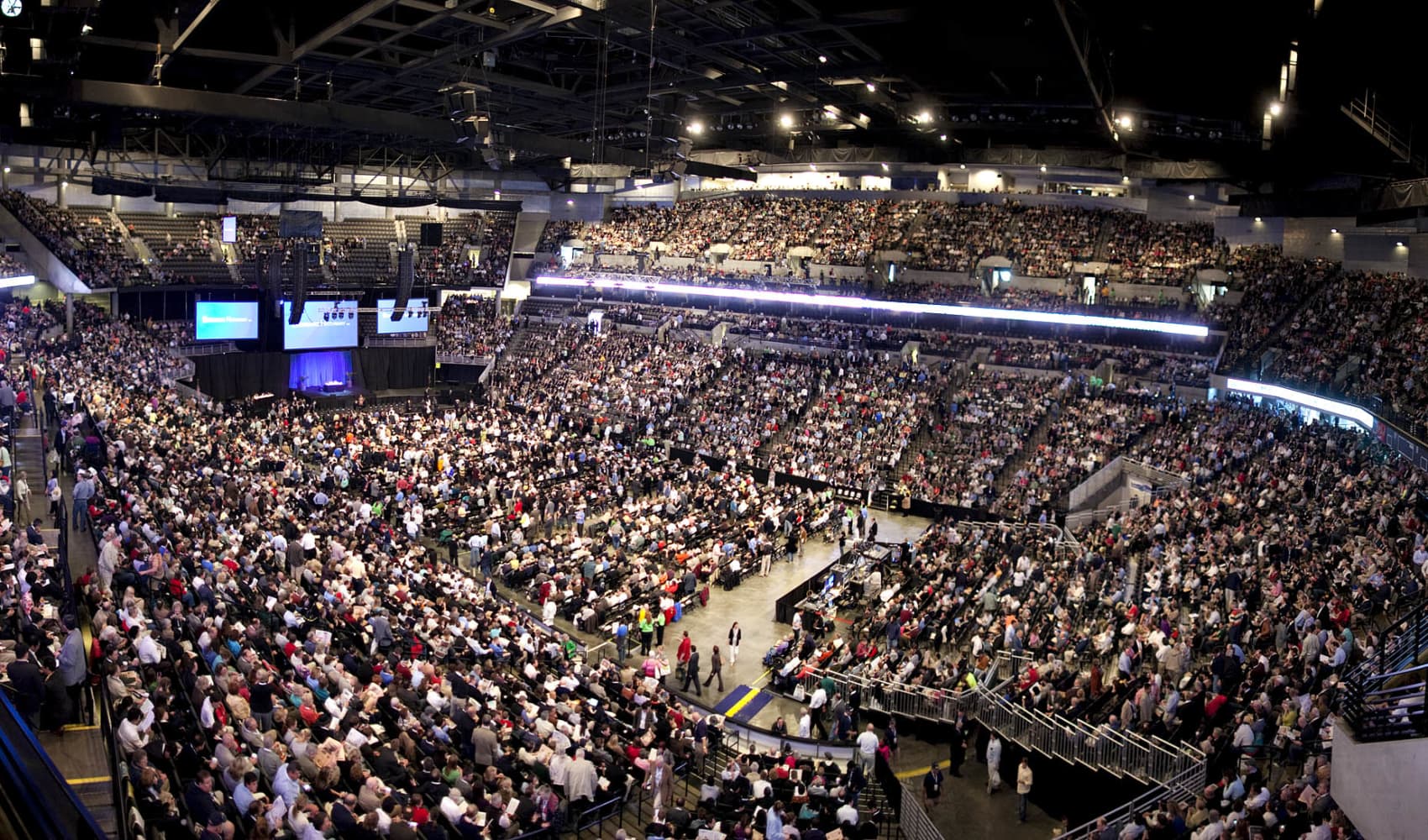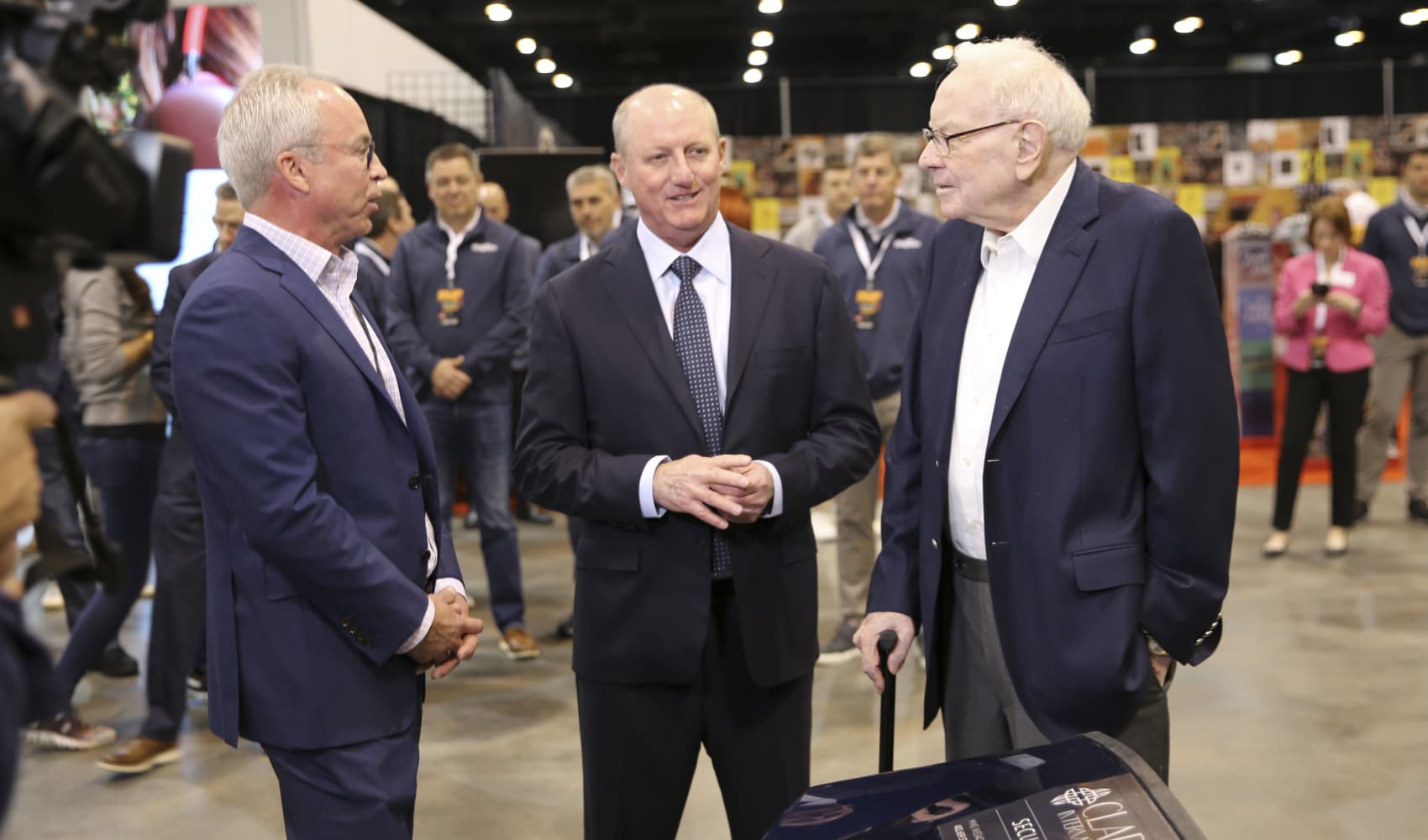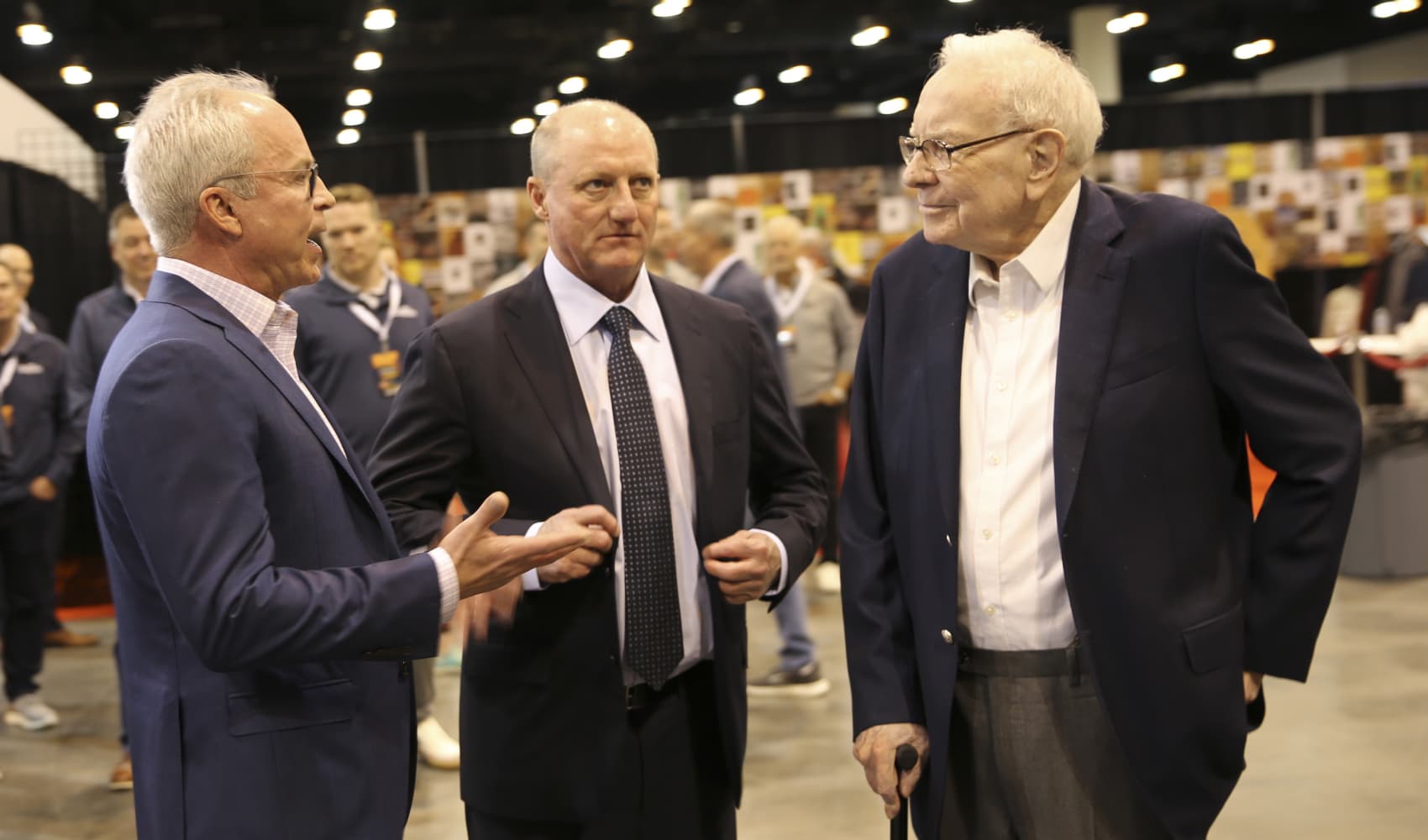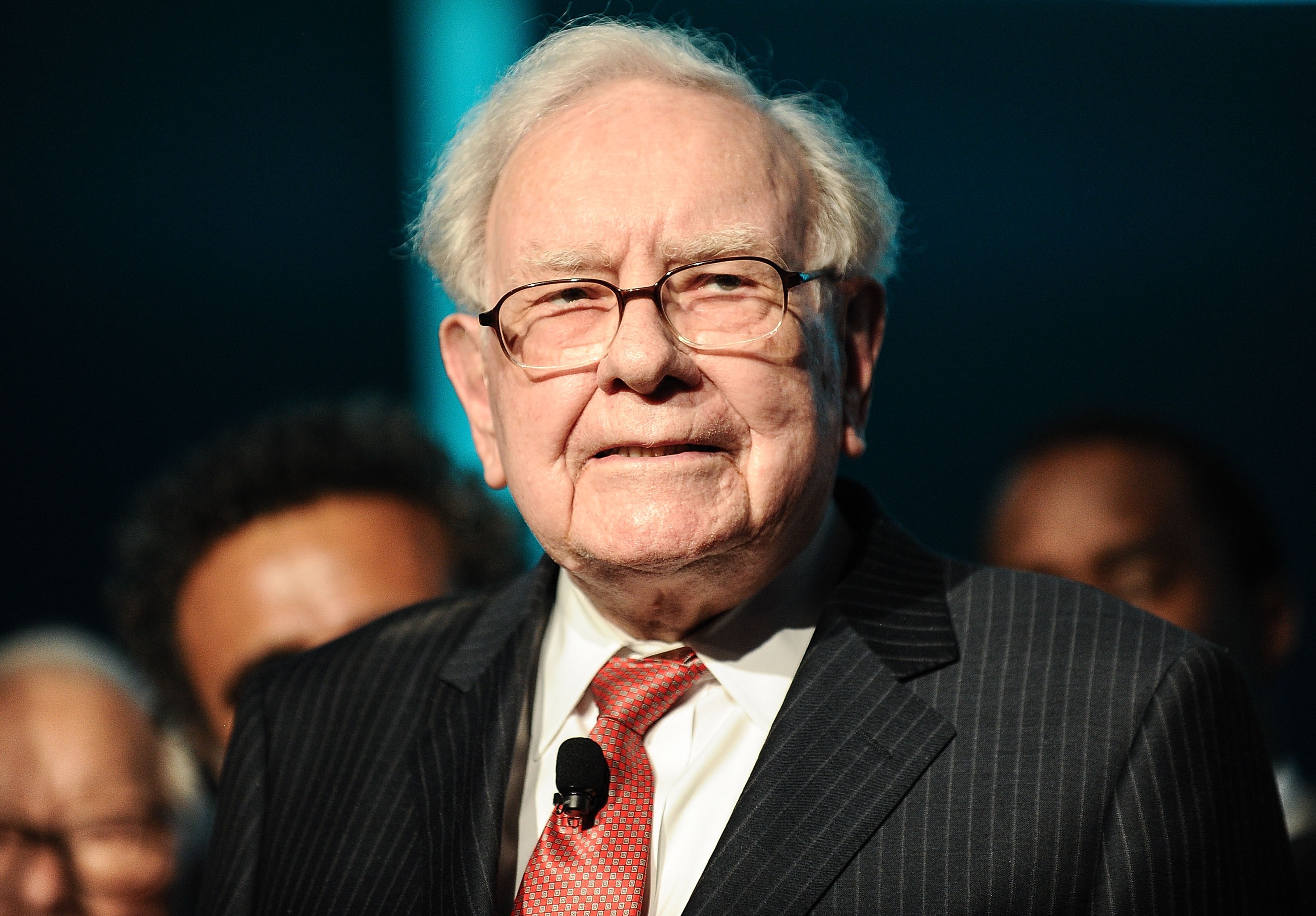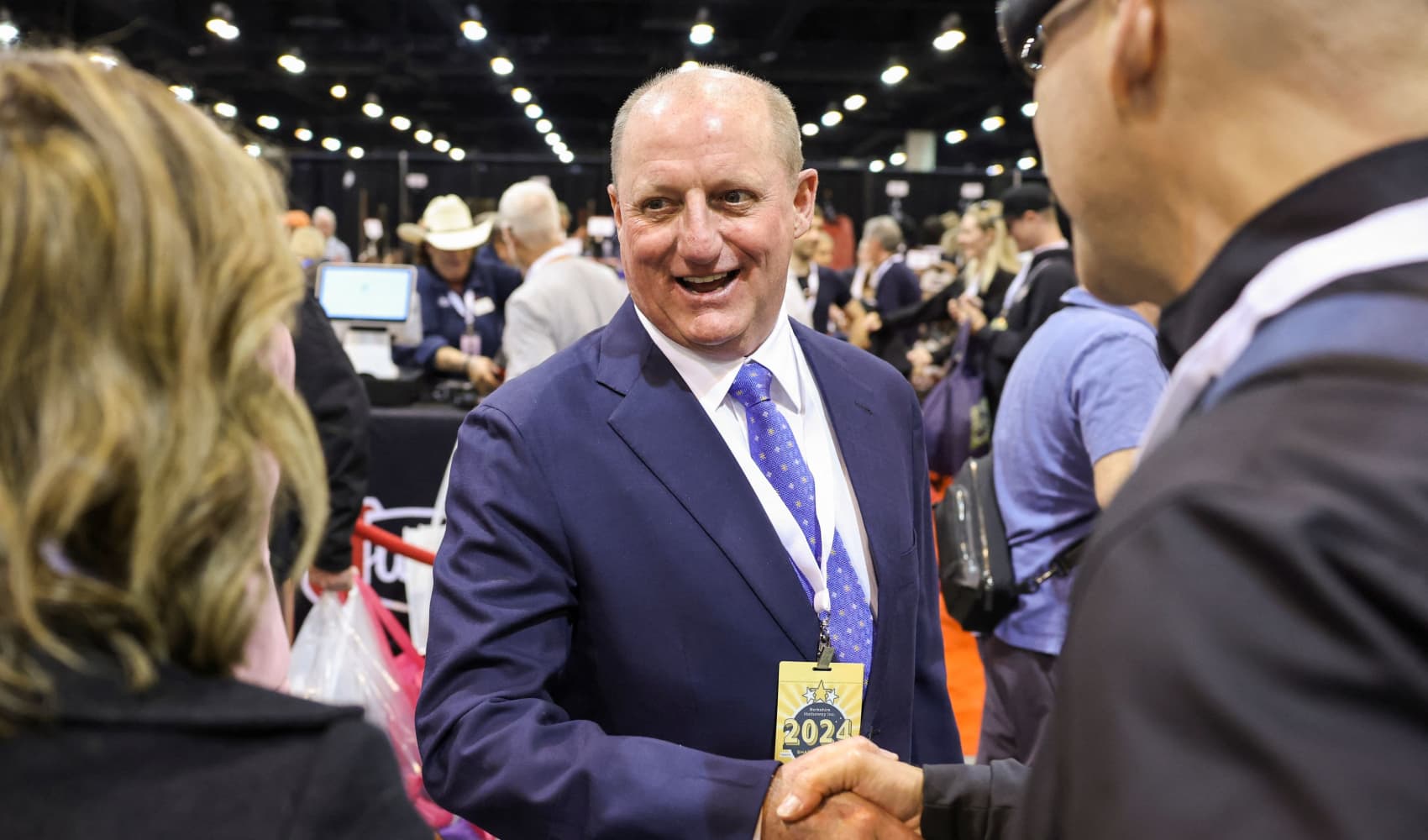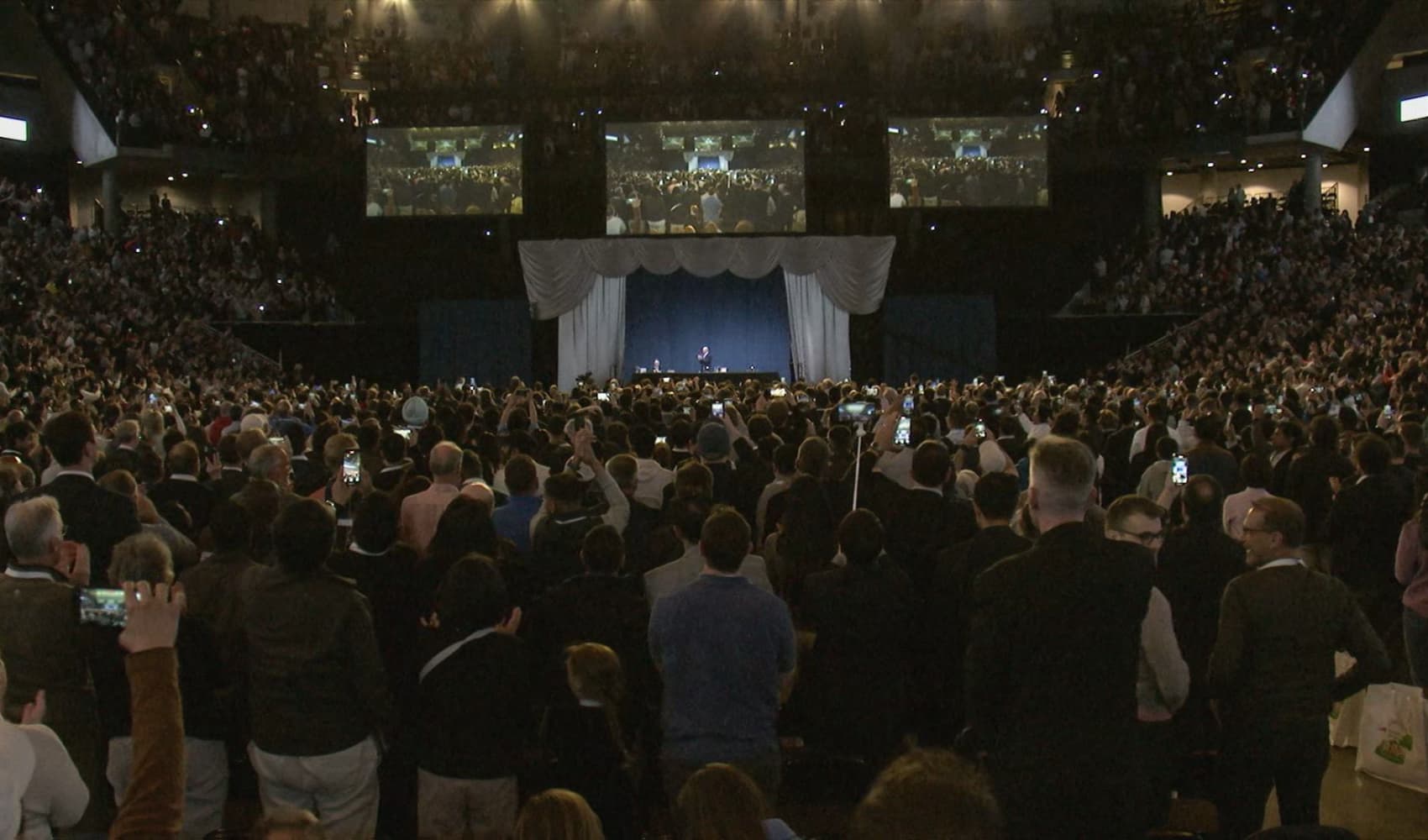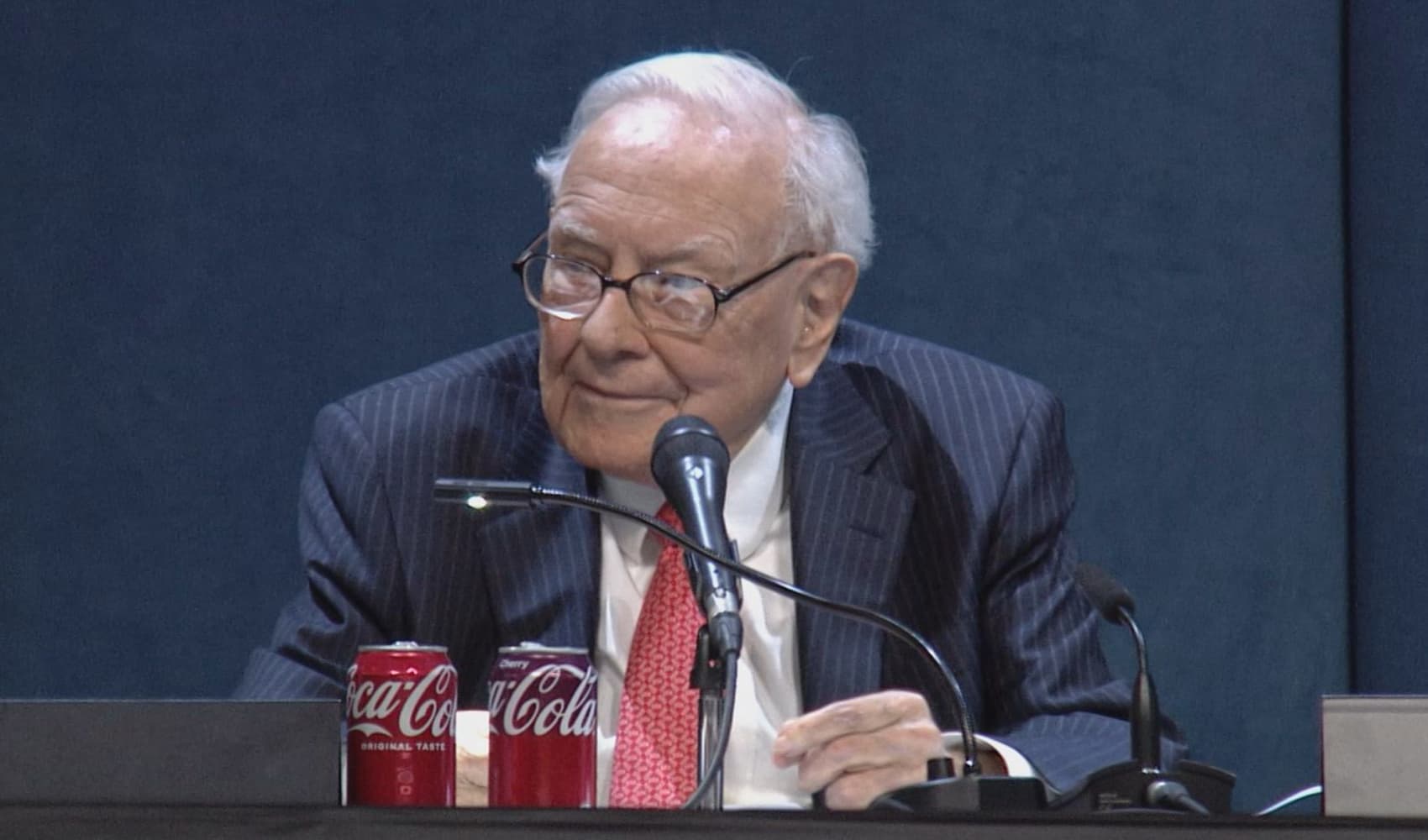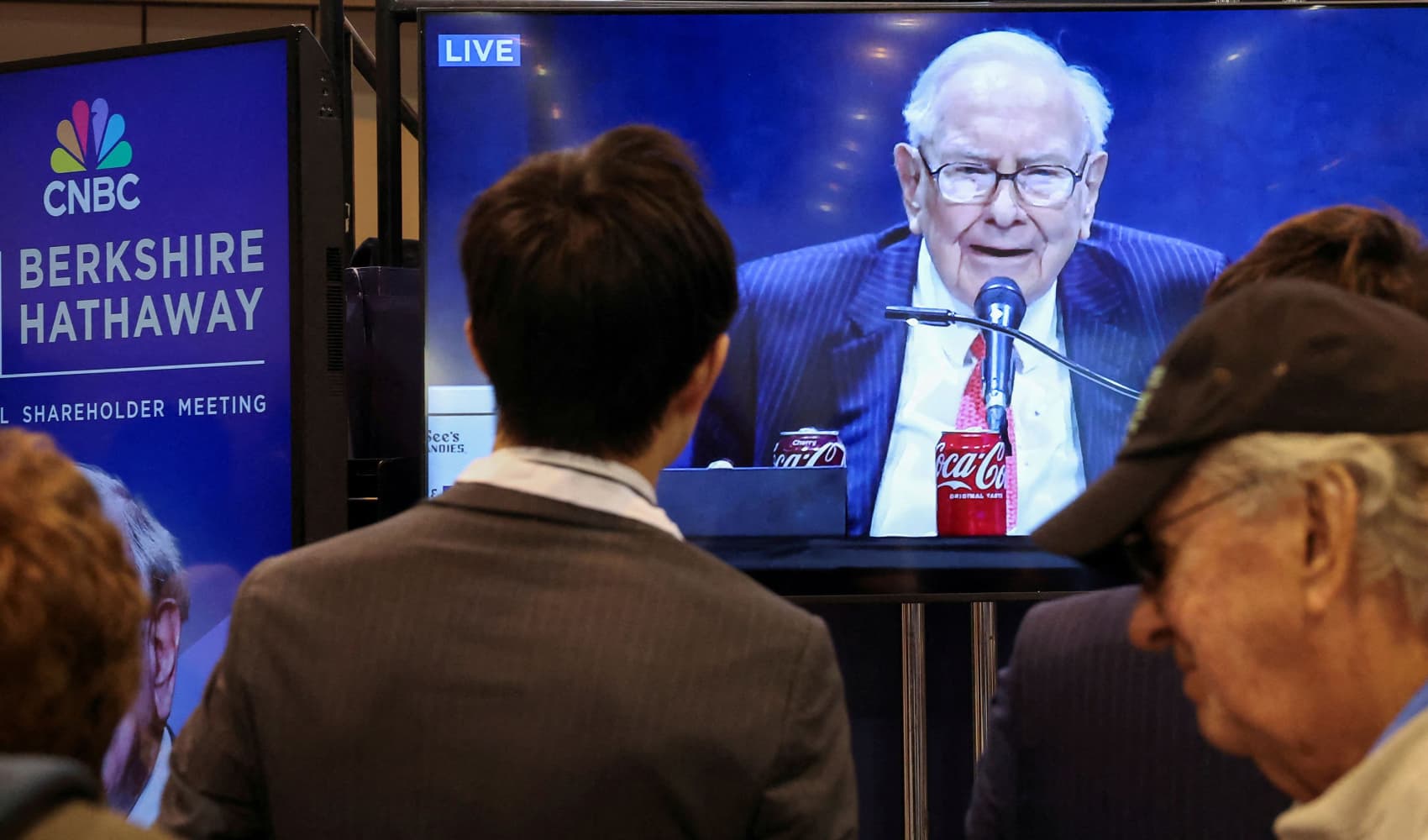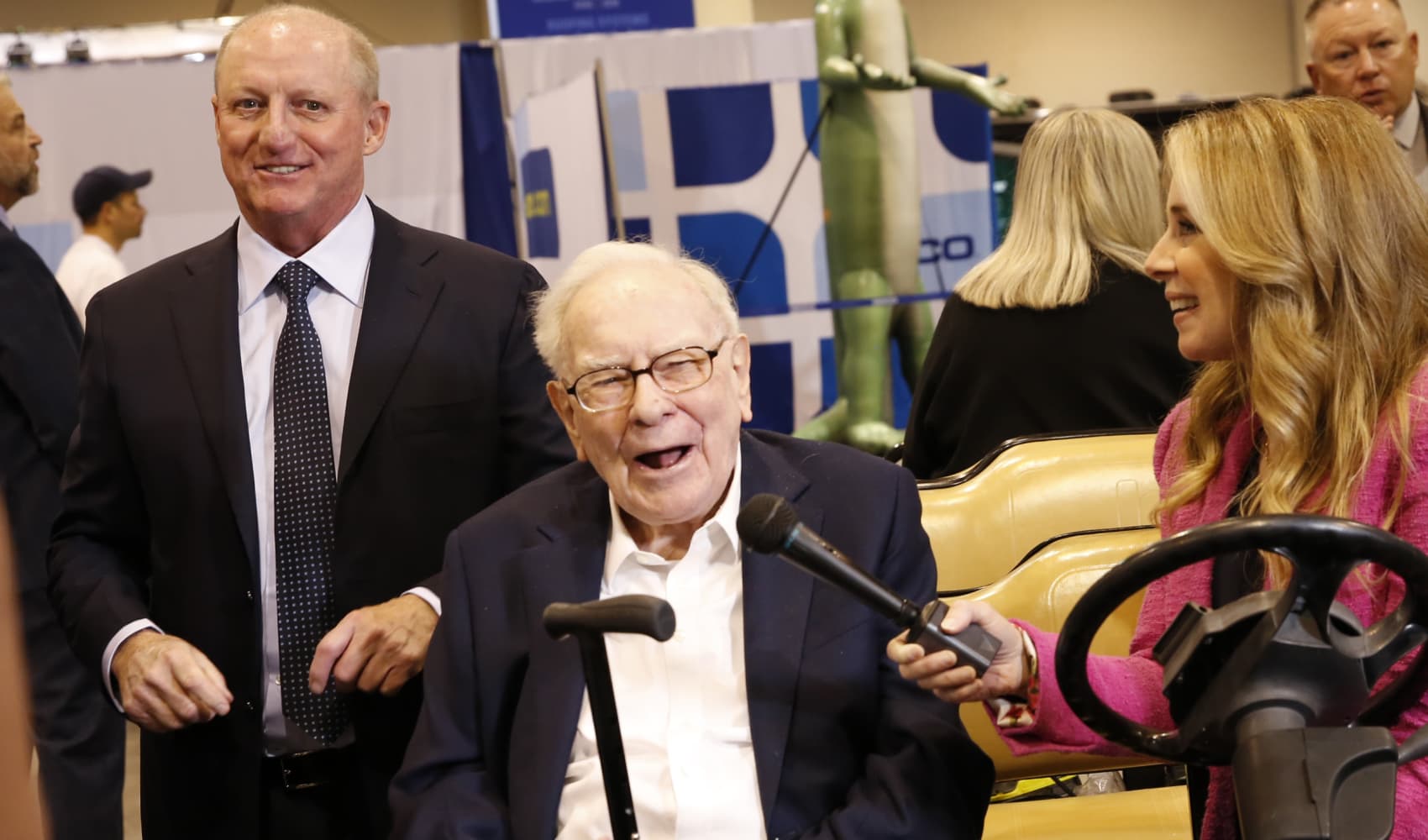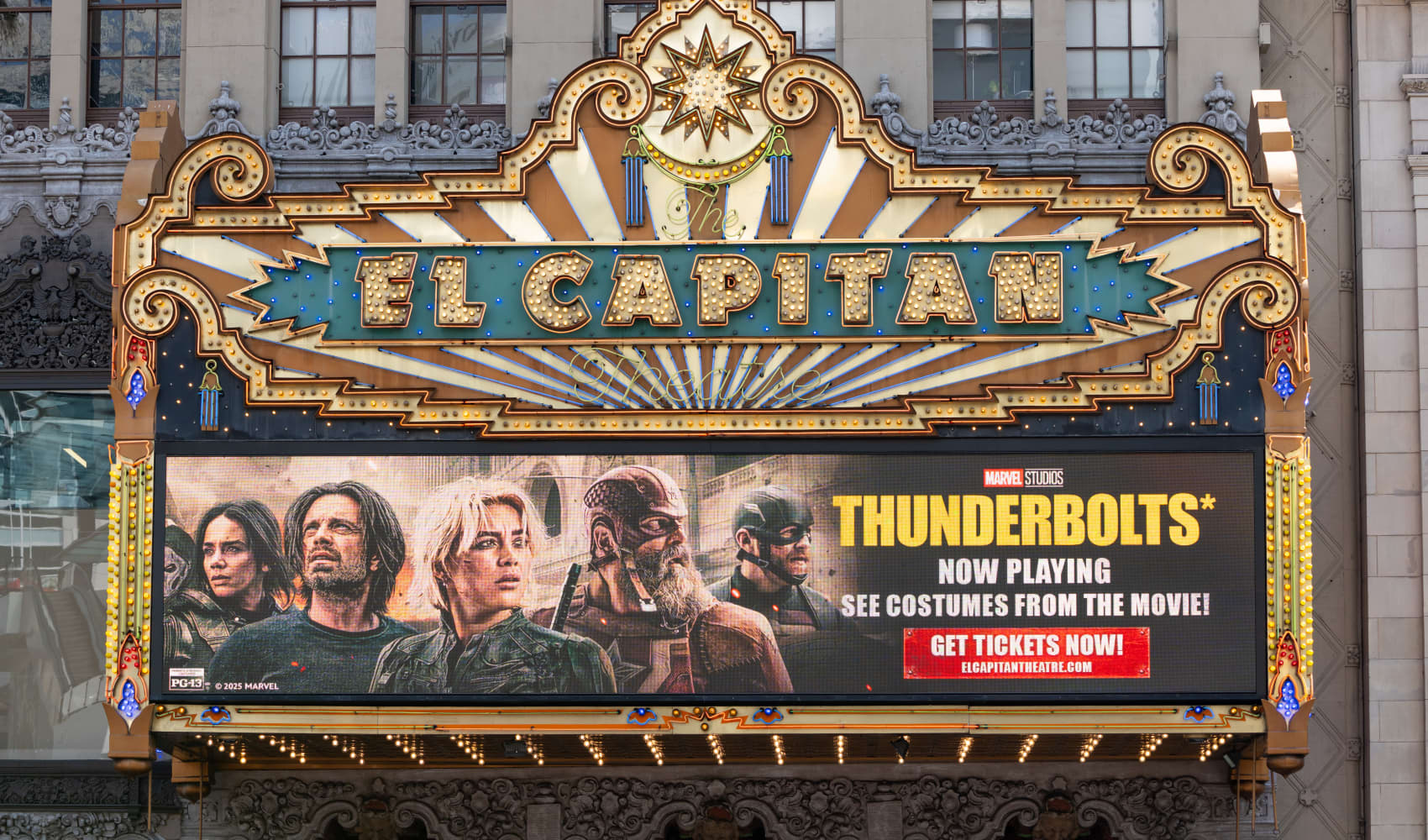Warren Buffett Meeting: 60 Years of Capitalist Woodstock
60 Years of Berkshire: Unveiling Buffett's Capitalist Woodstock Through the Decades
A Humble Beginning: From Textile Mill to Financial Empire
Can you imagine? Sixty years ago, Berkshire Hathaway wasn't the financial behemoth we know today. It was a struggling Massachusetts textile company. Fast forward to now, and it's the stage for Warren Buffett's annual meeting, often dubbed the "Woodstock for Capitalists." It's a transformation that's nothing short of legendary.
Back in 1965, a mere dozen people attended the meeting. Sixty years later, the annual pilgrimage to Omaha, Nebraska, attracts a staggering 40,000 shareholders and investment enthusiasts from all corners of the globe. It’s a testament to the power of long-term investing and the captivating personality of Warren Buffett.
The Oracle of Omaha: Wisdom Shared with the Masses
These days, attendees start queuing up before dawn on Saturday, eager to secure a prime spot in the CHI Health Center. Their goal? To hear firsthand from Warren Buffett, the 94-year-old CEO, affectionately known as the Oracle of Omaha. But what makes this meeting so special?
It's not just about stock tips. Buffett generously shares his insights into business, strategy, and even the softer aspects of life, such as friendship and personal fulfillment. He’s a philosopher-king of finance, dispensing wisdom to a captivated audience.
A Void in the Room: Remembering Charlie Munger
This year's meeting is particularly poignant, marking Buffett's second without his long-time friend and business partner, Charlie Munger, who passed away in 2023. The absence of Munger’s sharp wit and insightful commentary will undoubtedly be felt by all. Their dynamic duo was the bedrock of Berkshire’s success.
While Greg Abel, Berkshire Hathaway Energy chief, will be present, the void left by Munger serves as a reminder of the irreplaceable value of true partnerships and shared vision.
Key Players and the Future of Berkshire
Greg Abel and the Succession Plan
The spotlight is increasingly on Greg Abel, who is widely expected to succeed Buffett as CEO. This meeting provides a crucial opportunity for shareholders to assess Abel's leadership qualities and gain confidence in the company's future direction. Abel's performance in the Q&A session will be closely scrutinized.
Ajit Jain and the Insurance Empire
Another key figure is Ajit Jain, the vice chairman of insurance operations. Jain's expertise in the insurance industry has been instrumental in Berkshire's success. He, along with Abel, offers a glimpse into the future leadership of the company.
The Evolution of the Annual Meeting
From Humble Beginnings to a Global Phenomenon
The transformation of the Berkshire Hathaway annual meeting is remarkable. What started as a small gathering of shareholders has evolved into a major event attracting investors, journalists, and even curious onlookers. The sheer scale of the event speaks volumes about Buffett's influence.
The Role of Technology and Media
The advent of technology has significantly amplified the reach of the annual meeting. Live streaming allows people from around the world to participate remotely. Social media platforms provide a space for real-time discussions and analysis. The digital age has democratized access to Buffett's wisdom.
Investment Strategies and Portfolio Insights
Value Investing Principles
At the core of Berkshire Hathaway's success lies the principle of value investing. Buffett has consistently emphasized the importance of buying undervalued companies with strong fundamentals. This approach has yielded exceptional returns over the long term. His patience and discipline are key to his success.
Berkshire's Diverse Portfolio
Berkshire Hathaway's portfolio is incredibly diverse, spanning industries from insurance and energy to consumer goods and railroads. This diversification provides a buffer against economic downturns and allows the company to capitalize on opportunities across various sectors. Think of it as a well-diversified garden, yielding fruit from many trees.
Beyond the Balance Sheet: Buffett's Wisdom on Life and Leadership
The Importance of Integrity
Buffett has always stressed the importance of integrity in business and in life. He believes that a strong reputation is essential for long-term success. "It takes 20 years to build a reputation and five minutes to ruin it," he famously said.
Building Strong Relationships
Buffett also emphasizes the value of building strong relationships. His long-standing partnership with Charlie Munger is a testament to the power of collaboration and mutual respect. In a world of fleeting connections, he stands for steadfast loyalty.
Omaha: More Than Just a Meeting Place
The Economic Impact on the City
The Berkshire Hathaway annual meeting has a significant economic impact on Omaha, Nebraska. Hotels, restaurants, and local businesses benefit from the influx of visitors. The event has put Omaha on the map as a destination for investors.
A Unique Cultural Experience
Beyond the financial aspects, the annual meeting offers a unique cultural experience. Attendees have the opportunity to network with like-minded individuals, explore the city of Omaha, and soak in the atmosphere of intellectual curiosity and financial optimism.
The Future of Berkshire Hathaway: Challenges and Opportunities
Navigating a Changing World
Berkshire Hathaway faces numerous challenges in a rapidly changing world. Technological disruption, evolving consumer preferences, and geopolitical uncertainties all pose potential risks. The company must adapt to these changes to maintain its competitive edge.
Capitalizing on New Opportunities
Despite the challenges, Berkshire Hathaway also has numerous opportunities for growth. The company's strong balance sheet and reputation provide a solid foundation for expansion into new markets and industries. Buffett's successors will have a tall task, but they inherit a powerful engine.
Lessons for Investors: From the Oracle's Playbook
Long-Term Thinking
One of the key lessons from Warren Buffett is the importance of long-term thinking. He encourages investors to focus on the fundamental value of companies rather than getting caught up in short-term market fluctuations. Patience is not just a virtue, it’s an investment strategy.
Avoiding the Herd Mentality
Buffett also advises investors to avoid the herd mentality. He believes that it's important to think independently and make decisions based on your own analysis. "Be fearful when others are greedy, and greedy when others are fearful," he famously said.
The Legacy of Warren Buffett: More Than Just an Investor
A Philanthropic Vision
Warren Buffett is not only a successful investor but also a generous philanthropist. He has pledged to donate the majority of his wealth to charitable causes. His commitment to giving back to society is an inspiration to others. He understands that true wealth is measured by impact.
An Enduring Impact on the World of Finance
Buffett's legacy extends far beyond his financial achievements. He has influenced generations of investors and entrepreneurs with his wisdom, integrity, and commitment to ethical business practices. He has shaped the landscape of modern finance, and his influence will continue to be felt for years to come.
Conclusion: Reflecting on 60 Years of Capitalist Woodstock
The Berkshire Hathaway annual meeting has evolved from a small gathering to a global phenomenon, mirroring the remarkable growth and influence of Warren Buffett himself. It's a testament to the power of long-term investing, ethical business practices, and the enduring wisdom of the Oracle of Omaha. As we look ahead, the meeting continues to serve as a source of inspiration and guidance for investors and business leaders around the world. It's more than just a meeting; it's a celebration of capitalism done right.
Frequently Asked Questions
Q1: How can I attend the Berkshire Hathaway annual meeting?
You must be a shareholder of Berkshire Hathaway (either Class A or Class B shares) to attend the annual meeting. You'll receive an admission ticket along with your proxy materials.
Q2: What is the best way to prepare for the annual meeting?
Read Berkshire Hathaway's annual report and familiarize yourself with the company's businesses and financial performance. Also, consider reading books and articles about Warren Buffett and his investment philosophy.
Q3: Is it worth attending the meeting if I'm not a seasoned investor?
Absolutely! The annual meeting is a great learning experience for investors of all levels. You'll gain valuable insights into business, finance, and life in general from Warren Buffett and other attendees.
Q4: What are the key topics typically discussed at the meeting?
Common topics include Berkshire Hathaway's financial performance, investment strategies, acquisitions, and the outlook for various industries. Buffett and his colleagues also answer questions from shareholders on a wide range of subjects.
Q5: Are there any opportunities to meet Warren Buffett in person at the meeting?
While it's not guaranteed, there are often opportunities to see Warren Buffett up close during the meeting. He typically spends time greeting shareholders and taking photos. Arriving early increases your chances of getting a good spot.
